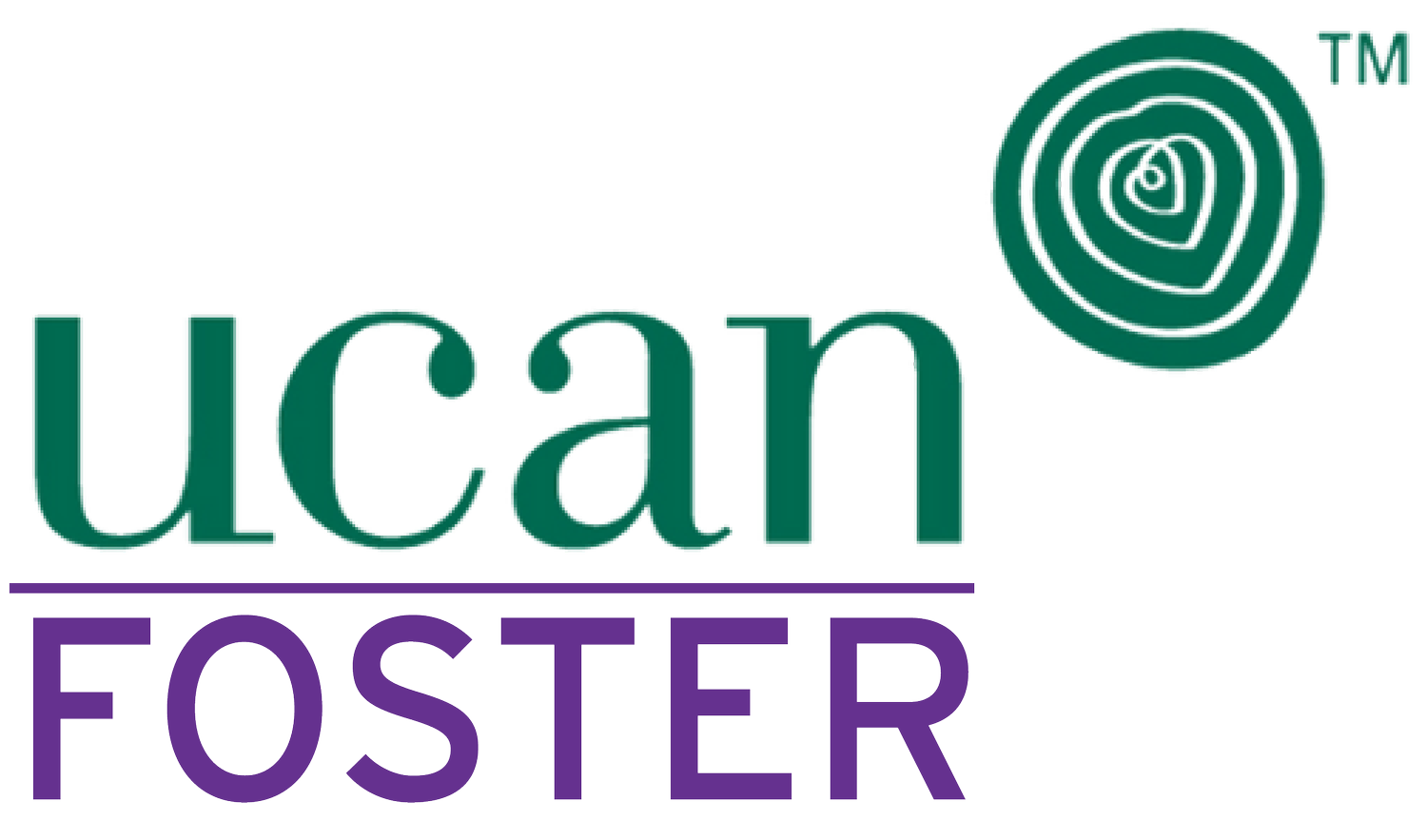Frequently Asked Questions
-
What is foster care?
Foster care is a temporary safe haven for children because they have been exposed to or directly experienced abuse or neglect. DCFS and UCAN work with families to reunite them if possible.
-
What kinds of children need foster homes the most?
• Children with special needs ages birth to 21 years
• Children with special medical needs
• Adolescents
• Youth who self-identify as LGBTQIA+
• Children from UCAN’s continuum of care
-
How will a child be matched with my family?
You can express a preference on the age and gender of the child that you think will best match your family circumstances and skills. UCAN does its best to find placements for children who are a good fit for both the child and the foster family.
-
How many foster children can we welcome into our home?
That depends on factors such as your ability, your schedule, how many other children live in the home and how much room you have in your home. The maximum number is set by the Illinois Department of Children and Family Services (DCFS). Whether you rent or own, you will need to provide an adequate space for a child that includes a bed or crib, a closet, a dresser, storage space and some level of privacy.
-
What kind of support will we receive?
• Financial assistance; foster parents receive a monthly board payment to cover the child’s food, clothing, and personal allowance. The amount is based on the child’s age and specialized needs.
• Each child receives a medical card from the State for payment of all necessary medical care.
• Children in foster care may need to change schools. The child’s caseworker will work with you and the school throughout the process for a smooth transition.
• Foster parents have access to a wide range of supports and services from UCAN, including case management support, licensing support, therapy support, foster parent training and support groups. They can also receive support from external, community-based providers.
-
Are there different types of foster care or foster parents?
Sometimes children who have experienced abuse or neglect need more intense services and the foster family must possess additional skills to meet the individual needs of that child. UCAN has specialized and treatment foster care programs. Foster parents are trained to meet the special needs of these children with the support of the child’s team. These foster families receive additional payment, resources and training.
-
Can we take a child in foster care on vacation with us?
In most cases, yes. It is important to wrap the children into the full family experience. If it involves out of state travel, you will need to contact the caseworker in advance.
-
Do a child's birth parents visit him or her?
In most cases, yes. In fact, visits between parents and children are an essential part of the effort to reunite families. Visits go a long way in helping the child work through the emotional trauma of being separated from their family. The child’s caseworker has the responsibility to plan and arrange supervision for the visits. Foster parents are needed to assist with transportation of the child to visits with parents and siblings.
-
Can we ever adopt a child through foster care?
The first goal is to reunite the children in foster care with their families when that is possible. However, if the child who has been in your home for some time and becomes available for adoption, you can discuss your interest in adoption with the caseworker and child, if clinically and age appropriate.
